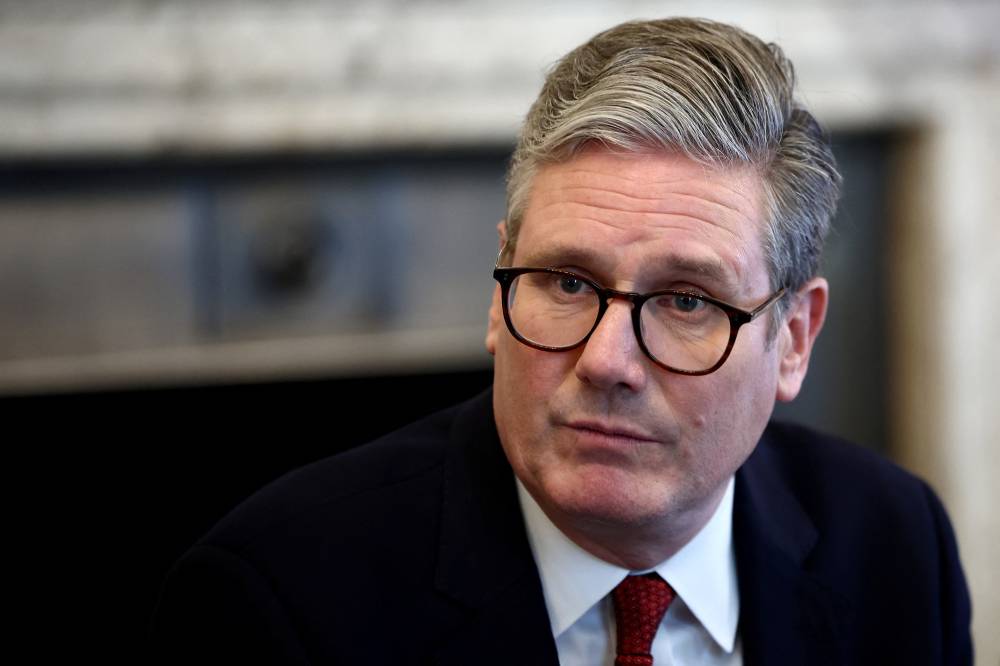UK’s Starmer pledges big drop in immigration

LONDON—Prime Minister Keir Starmer promised on Monday to cut net migration to Britain significantly over the next four years, saying greater control was needed to maintain social cohesion and drive investment in the local workforce.
Controlling immigration was a key factor in Britain’s 2016 vote to leave the European Union, yet net arrivals have quadrupled since it left the bloc, helping boost the popularity of Nigel Farage’s right-wing, anti-immigration Reform UK party.
Starmer said nations depend on rules that set out rights, responsibilities and obligations, and that without them Britain risked “becoming an island of strangers.”
He said his new plan meant migration would fall sharply by the end of this parliament in 2029, though he gave no numerical targets.
“That’s a promise, but I want to be very clear on this, if we do need to take further steps, if we do need to do more to release pressure on housing and our public services, then mark my words, we will,” he told a press conference at his Downing Street office.
Work visa restrictions
Among the measures announced on Monday was a move to restrict skilled worker visas to graduate-level applicants, to prevent care sector firms from recruiting abroad and to require businesses to increase training for local workers.
Automatic settlement and citizenship for people who move to Britain will apply after 10 years, up from five years now, although highly skilled workers—such as nurses, doctors, engineers and AI experts—would be fast-tracked.
The government also said it planned to raise English language requirements to include all adult dependents who will have to show a basic understanding of English. It said the change would help integration and reduce the risks of exploitation.
Migration has long been a hot political issue in Britain, with critics arguing that social cohesion can be damaged if the government does not build enough houses or public services to accommodate a larger population.
Adult care sector
But many business sectors, including the adult care sector, argue they cannot hire enough staff locally, and employers in science, technology and other areas warn that tough restrictions will damage their potential and hit overall economic growth.
The number of European Union migrants to Britain fell sharply after Brexit but new visa rules, higher net numbers of foreign students, and a rise in people arriving from Ukraine and Hong Kong led to an overall surge in recent years.
Net migration—the number of people coming to Britain minus the number leaving – hit a record 906,000 in the year to June 2023, up from 184,000 who arrived in the same period during 2019, when Britain was still in the EU.
Neil Carberry, chief executive of the Recruitment and Employment Confederation (REC), said Starmer’s “major intervention” would spark alarm among bosses.
Reuters, the news and media division of Thomson Reuters, is the world’s largest multimedia news provider, reaching billions of people worldwide every day. Reuters provides business, financial, national and international news to professionals via desktop terminals, the world's media organizations, industry events and directly to consumers.

















